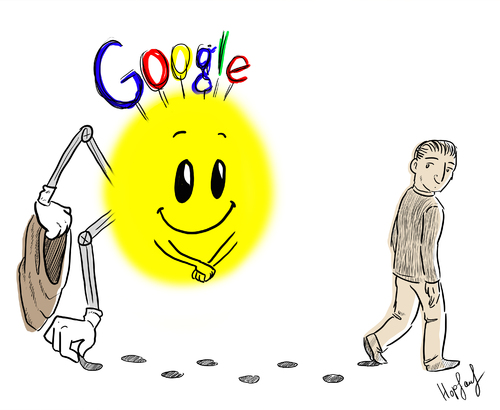
Google and Microsoft Asked for Internet DRM
There seems to be dark murmurings on the W3C HTML mailing list, because a number of Internet giants, including Google, Microsoft and Netflix, announced that they are willing to bring copy protection mechanisms to the Internet.Titled the Encrypted Media Extensions, the suggestion defines a framework for enabling the playback of protected media material in the Internet browser. One will understate the issue when saying that such a concept is controversial – indeed, it looks like the largest web corporations will have a fight to get this document adopted. There are people who believe that the proposed framework is entirely insecure. Mozilla has asked the developers about whether it could be possible to introduce such a proposal in an open-source Internet browser.
Still, there’s a kind of dispute even among the organizations as to whether it should go through. For instance, Ian Hickson from Google, the WHATWG HTML specification editor, said that the Encrypted Media proposal is at least “unethical” and wouldn’t even meet the necessary technical requirements.
The industry experts confirm that the proposal is similar to a DRM platform, but it could provide the needed components for a generic key-based content decryption system. The platform would work with pluggable modules running the decryption mechanisms. In addition, it would require for a new set of API extensions for HTMLMediaElement.
Still, even if the document is stomped on, it indicates that there are moves to have some form of material protection for online films. As for Netflix, the company needs to abandon plugins in favor of standards-based HTML5 video. However, Netflix has been stuffed by the lack DRM mechanisms that the entertainment industry requires before it releases the films to them.












No comments:
Post a Comment